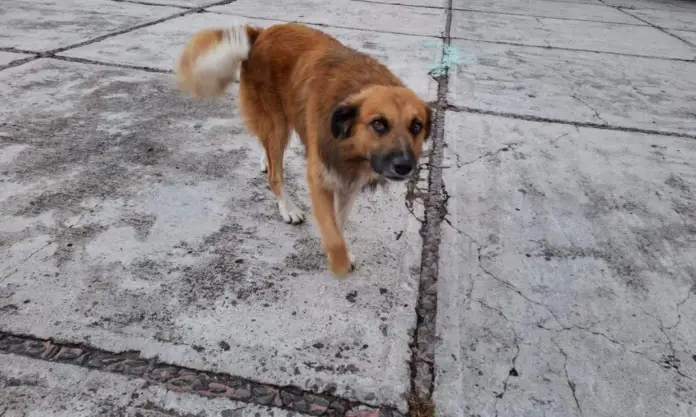The debate over what constitutes dignified treatment of companion animals is still ongoing, especially when certain normalized practices could be considered abuse. Jorge Ignacio Martínez Castro, representative of the Citizen Observatory for Animal Protection (OCPA), said in an interview that the World Organization for Animal Health (WHO) establishes five essential freedoms for the well-being of animals: living free of hunger and thirst, without fear or distress, without physical or thermal discomfort, without pain or illness and with the possibility of expressing natural behaviors.
“Animal welfare is not only about feeding them, but also about ensuring their health, mobility and protection from the elements. Not doing so is abuse,” said Martínez Castro.
Animal abuse can take different forms, from lack of food and water to confinement in small spaces or exposure to extreme weather conditions. It also includes the absence of preventive veterinary care, such as vaccination and deworming. “It is common to think that tying up a dog for long periods is normal, but if this prevents it from moving or sheltering from the sun and rain, we are talking about abuse,” explained the OCPA representative.
In Tlaxcala, according to the National Self-Reported Well-Being Survey (Enbiare) 2021 of the National Institute of Statistics and Geography (Inegi), three out of four households have at least one pet in Tlaxcala. It is estimated that in the state of Tlaxcala there are approximately 950,512 animals with guardians, of which 54.5 percent are dogs, 20.9 percent are cats and the rest are other species.
However, the well-being of these animals also depends on the commitment of municipal authorities, as noted by Martínez Castro, who in a statement emphasizes that the Animal Welfare Law requires municipalities to publish their own regulations, but so far only 22 municipalities have not complied with this provision.
The OCPA has requested information from the new municipal administrations (2024–2027), of which 73 percent responded within the first two months of government.
Failure to comply with these regulations could leave thousands of animals in a vulnerable situation. In March, the OCPA will intensify pressure on municipalities such as Apizaco, Chiautempan and Zacatelco, which concentrate a large part of the state’s population and where the problem of animal abuse is most evident.
“It is not enough to say that we love our pets, we must ensure that they live in decent conditions. An animal without access to health, mobility or protection is not a cared for animal, it is an abused animal,” concluded Martínez Castro.
The OCPA will continue to monitor compliance with the Animal Welfare Law in Tlaxcala and urges citizens to report cases of abuse, because without the active participation of society, legislation alone cannot guarantee the well-being of animals.

Source: lajornadadeoriente




